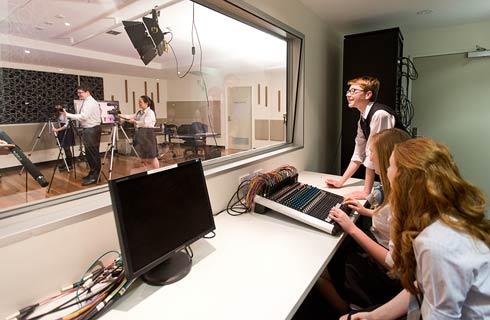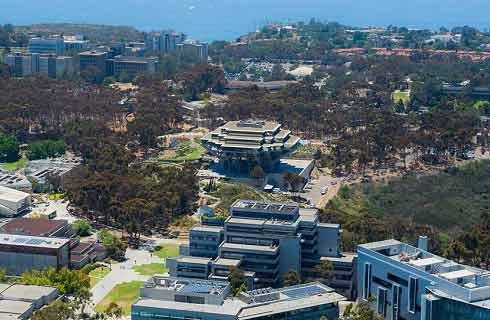课程简介
Mechanical engineering is one of the most diverse branches of engineering, and it involves the design and analysis of machines, structures, and materials by applying the principles of physics and materials science. Mechanical engineers can do it all, from designing cars, airplanes, and robots, to developing renewable energy systems, medical devices, and stronger and lighter composite materials.<br>Air and fluid flow: Mechanical engineers apply the physics of gases and fluids to design devices like air conditioners, heating systems, respirators, engine cooling systems, aircraft, and spacecraft.<br><br>Biomechanics: The body is a mechanical system containing fluid flow and structural and dynamical components. Mechanical engineers are leaders in the field of biomechanics, which encompasses medical device design and the analysis and enhancement of human motion.<br><br>Composite materials: Composite structures have become the standard for wind-turbine blades, high-performance sporting goods and aerospace vehicles, and mechanical engineers are leading the development of more and better applications for these advanced materials.<br><br>Design: Engineering design makes extensive use of science but is concerned with creating new devices or processes that improve our quality of lifeturning ideas into reality.<br><br>The environment: Mechanical engineering fundamentals are used to understand oceanic and atmospheric transport and transformation of pollutants and particle dynamics.<br><br>Manufacturing: Modern manufacturing employs machines (including 3D printers for additive manufacturing) that mechanical engineers design and build.<br><br>Robots: Machines that operate autonomously are used in industrial production, space exploration, robotic surgery, bomb disposal and even household cleaning. Self-driving cars are also examples of robots.<br><br>Smart materials and controls: Mechanical engineers exploit new engineering materials to develop novel sensors and actuators including artificial muscles, shape memory alloys, self-healing materials, thermoelectric and piezoelectric materials.<br><br>Graduates of the Bachelor's Degree in Mechanical Engineering program with a Concentration in Automotive Engineering will be in the position to: Analyze and optimize vehicle dynamics (chassis, suspension, aerodynamics) and perform finite element analysis for improving efficiency, robustness, and safety. Analyze and optimize advanced powertrain systems to improve fuel economy and reduce emissions, obtain a fundamental understanding of alternate propulsion systems such as electric drivetrains, fuel cells, batteries, and the hydrogen infrastructure. Develop vehicle control systems using fundamental tools from control theory. Obtain an understanding of advanced materials including composites manufacturing and engineering. Contribute to engineering knowledge, the profession, and the community through original research, technology development, and service. Professionally communicate technical information to a broad audience. Work effectively on multidisciplinary teams to solve complex engineering problems.
展开





































